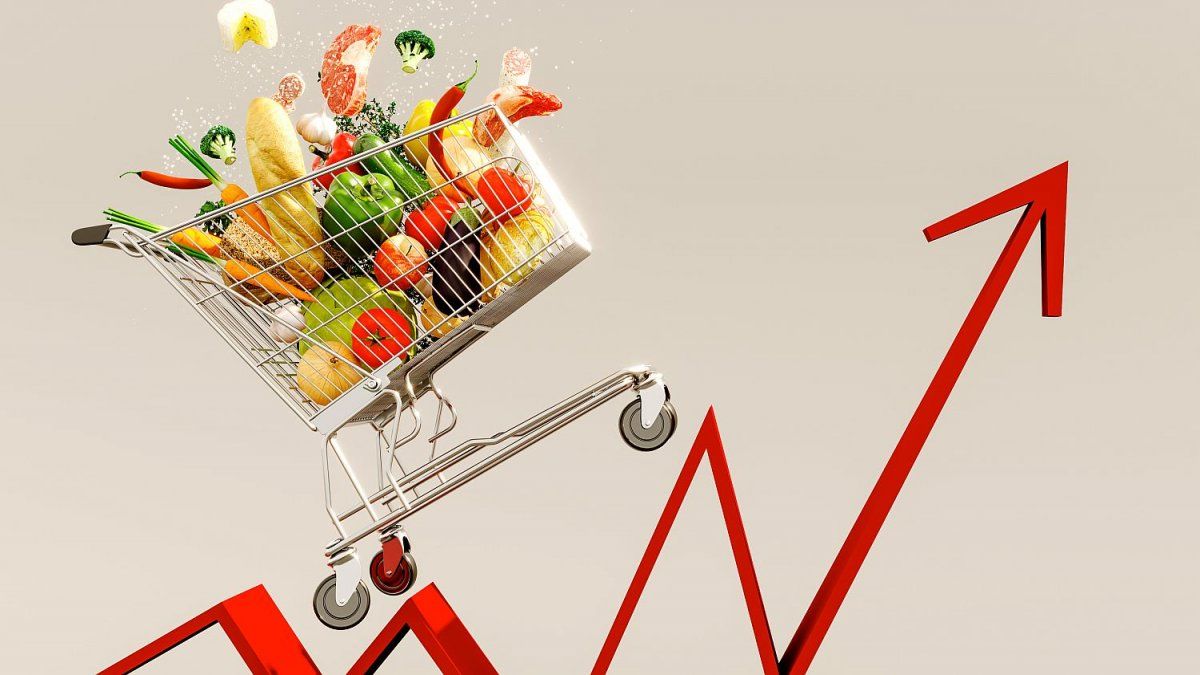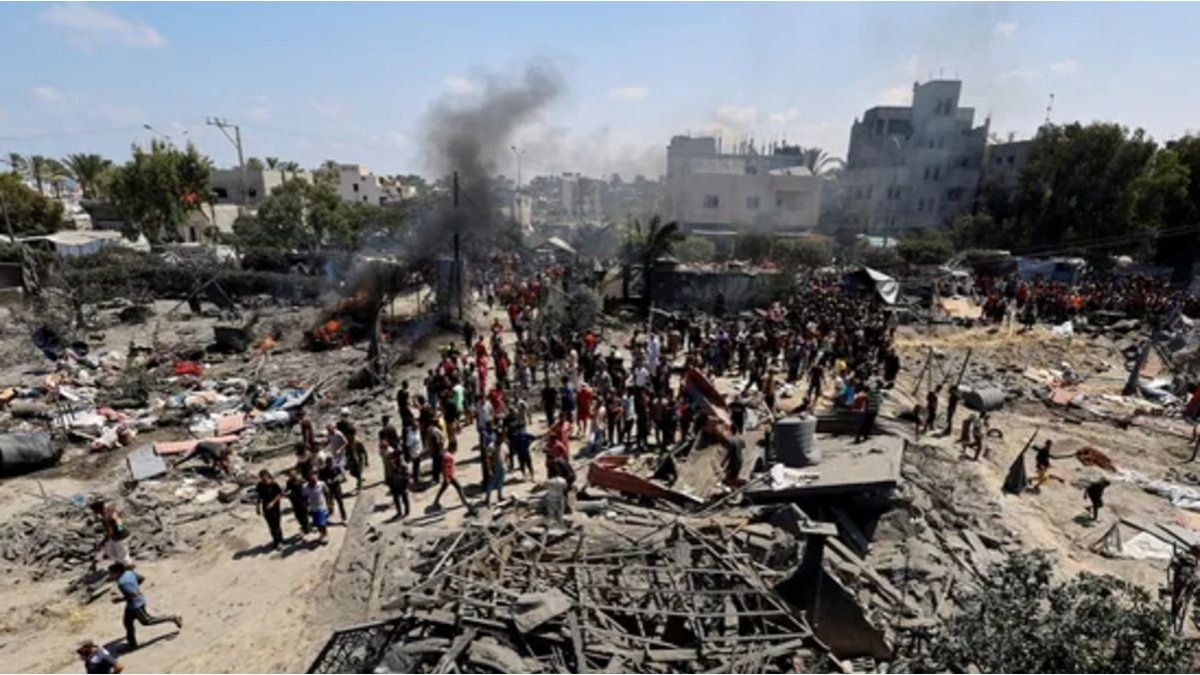The inflation in the City of Buenos Aires rose to 11.9% in November and returned to double digits after October marked a slowdown of 9.4%. In this way, in the first 11 months of the year an increase of 146.4% was accumulated and in the interannual trajectory it stands at 160.6% (+14.2 percentage points above the previous month).
The main increases occurred in the following categories: “Food and non-alcoholic beverages (14.2%), Restaurants and hotels (12.4%) and Housing, Water, electricity, gas and other fuels (12.4%). Goods registered an increase of 13.6% and Services, 10.7%. Core inflation stood at 12.7%.
“We warn that the strategy of “manage” prices, which in practice implied controls and freezes, further disordered the very deteriorated macroeconomy. Without a doubt the consequences will be projected in the coming months,” he indicated. José María Donati, general director of the General Directorate of Statistics and Censuses (DGESYC) of the City Government.
inflation4.PNG
During November, the variation in the IPCBA responded fundamentally to the increases in the following divisions: Food and non-alcoholic beverages, Housing, water, electricity, gas and other fuels, Restaurants and hotels, Health and Transportation, which together explained 67.0% of the increase in the General Level.
Regarding the food category, those that drove the increase the most are: Bread and cereals (16.3%) and Meat and derivatives (12.9%). They were followed in importance by Vegetables, tubers and legumes (17.1%), Milk, dairy products and eggs (9.4%) and Fruits (20.6%).
In the case of the housing sector, the increase in rents and common housing expenses. On the contrary, the falls in residential electricity service rates contributed to take pressure off this divisionhighlighted from the statistical center.
The most interesting point of the report states that in year-on-year terms, the Housing, water, electricity, gas and other fuels divisions, Food and non-alcoholic beverages and Restaurants and hotels, were mainly responsible for the increase in retail prices, explaining 51.3% of the interannual variation of the General Level.
Inflation in CABA: the causes of price acceleration
“As we expected, November inflation confirms that the slowdown observed in October had been temporaryfundamentally based on (1) the Government’s strategy to contain price increases in the run-up to the elections through various freezes (exchange rate, public service rates, fuel), together with agreements to stop the dynamics of increases in items such as prepaid bills and medicines; (2) certain exhaustion of the transfer to prices of the post-STEP devaluation; and (3) the greatest exchange calm in the weeks after the General Elections,” he expressed Santiago Manoukian economist and Head of Research at the consulting firm Ecolatina Ambit.
In this framework, he maintained that the acceleration in November responds to the “drag” of the mid-October price acceleration. Among the causes, he details: “the generalization of the exchange rate split at the end of October; some additional fuel due to the recent return of the crawling peg; the strengthening of restrictions on the payment of imports in recent weeks, which deepen the uncertainty about the costs of replenishment; and the beginning of the unpinning of price agreements facing an exiting government that loses control power, with “threats” that are no longer credible,” added the economist.
Inflation: what to expect for December
According to the C&T Consultores survey, inflation at the national level will be at 11.5%, close to the data given by the City and which works in advance for what the INDEC will announce on December 13. In this sense, its director Camilo Tiscornia stated that it is confirmed that core inflation is just over 12% and indicated the October drop as “transitory.”
“Evidently inflation is already above 10% and now in December it is going to be rough. It is already being seen, I would tell you, I anticipate, in the first days that we have seen of December there are very strong increases in the first weekwith which the month promises that the inflation will be much greater, I believe, than what it has been in this last month,” Tiscornia asserted.
In this sense, the LCG consulting published this afternoon the survey of the first week of december and marked an acceleration of 4.1p.p compared to the previous week. The increase averages 12.3% in the last 4 weeks and 17.5% end to end in the same period.
For his part, Jorge Colina, an economist from IDESA, contributed that the inflation data in CABA was “something that was expected, even at the national level.” “When food does not grow so much, because it already grew some previous month, that is when the rate drops a little, which is what happened in October. But you know, when the rate drops a little, like in October, you know that “The following month, food will recover and then the rate will rise again. What is 12%, this confirms that national inflation, that is, that of the INDEX, will be between 10 and 12%.”
This leaves an indication that December inflation is unlikely to be again in the double digits.
Source: Ambito




